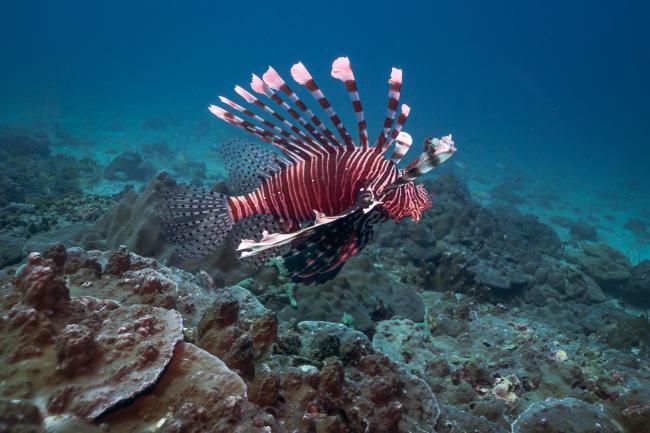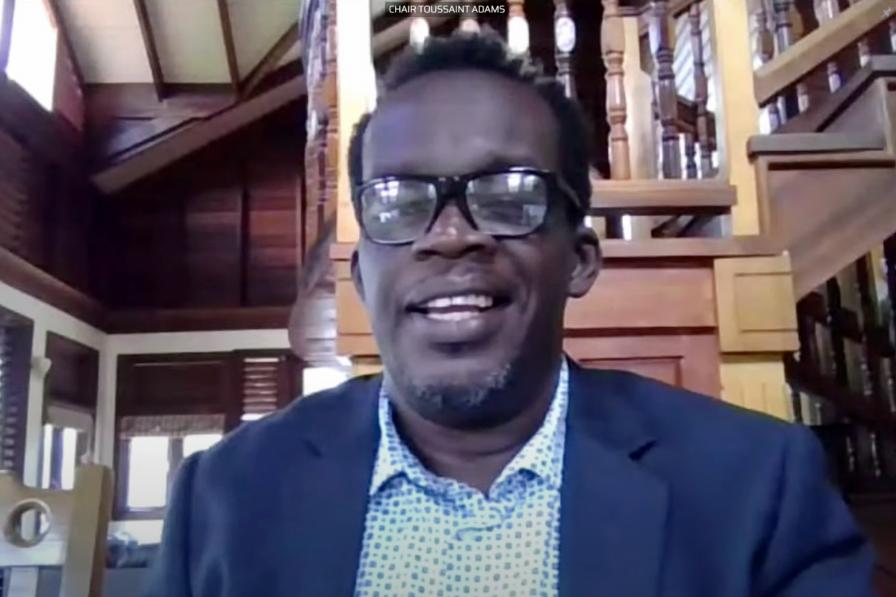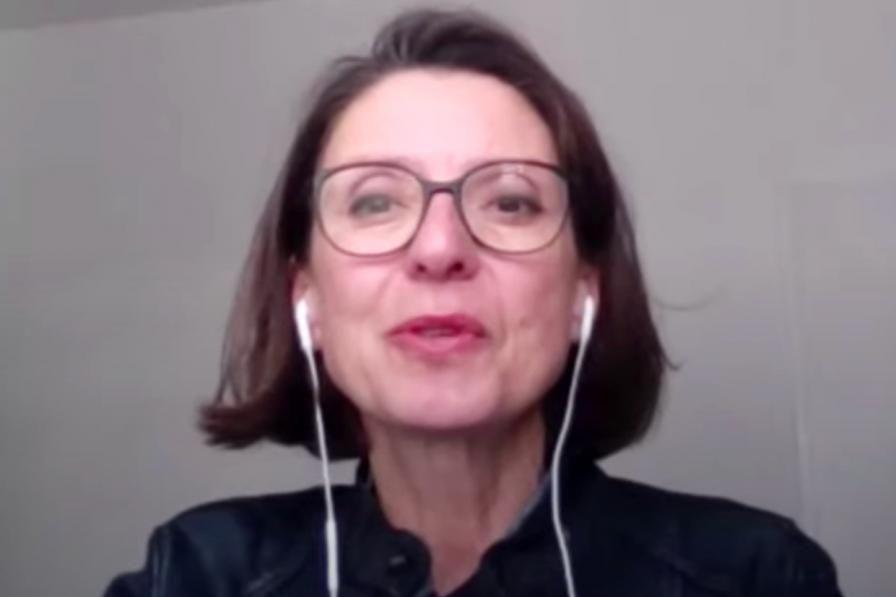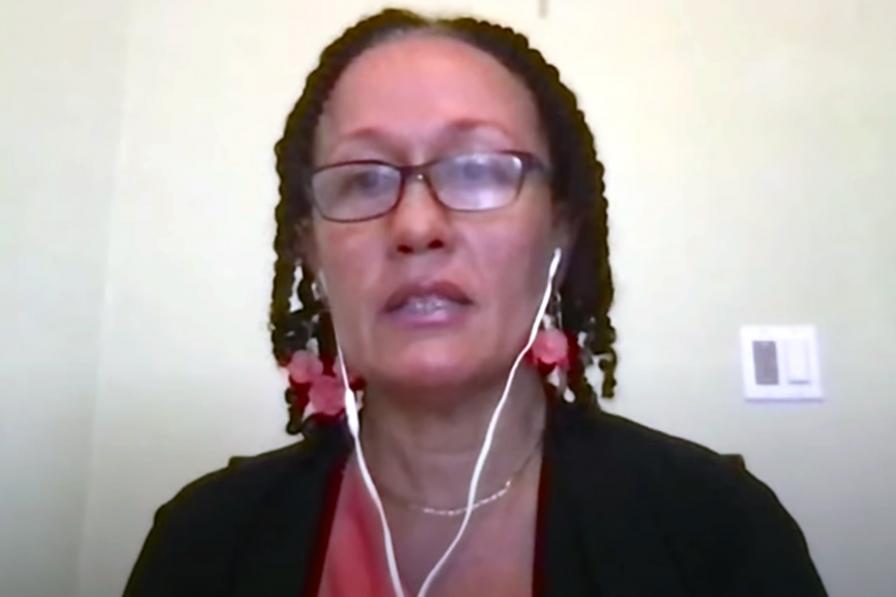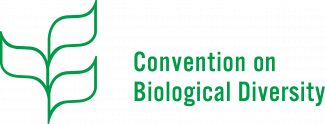Delegates continued to consider agriculture and biodiversity. A number of delegates recommended promoting the diversity of local and Indigenous food systems and called for sufficient technology transfer and capacity building to help reduce burdens on developing parties. Others highlighted the importance of soil biodiversity in ensuring human and environmental health.
On soil biodiversity, some delegates spoke about anthropogenic impacts on soils, including from other sectors such as mining, and their exacerbation by climate change. A number of delegates stressed the importance of further data collection and the need to address data gaps.
Delegates also heard statements from representatives of Indigenous Peoples, Major Groups, inter-governmental organizations (IGOs), and non-governmental organizations (NGOs). Highlighting the work of its Global Soil Partnership (GSP), the Food and Agriculture Organization of the UN (FAO) stressed the direct connection between above- and below-ground biodiversity and the need to protect both. Indigenous and civil society representatives pointed to their world views that see soil as a living organism. They urged addressing land tenure issues with regard to women and Indigenous Peoples. Others called for the elimination of the use of pesticides and industrial fertilizers and of perverse incentives.
Delegates then considered invasive alien species. Many parties welcomed the report prepared by the Ad Hoc Technical Expert Group (AHTEG) on invasive alien species and its associated annexes. A number of parties said they could not endorse the annexes as presented, and recommended a number of changes.
Many parties welcomed recommendations on establishing a globally harmonized labelling system for invasive alien species. Some demurred, with one party pointing out that she could not welcome recommendations or proposals on labelling because trade is not within the CBD’s mandate. Another focus of discussions was cross-border e-commerce, with many parties pointing out a pressing need to work alongside the respective Inter-Agency Liaison Group as well as the World Customs Organization. Parties disagreed on the inclusion of social and cultural values to biodiversity, including those related to Indigenous Peoples and Local Communities (IPLCs), women, and youth, in guidance about invasive alien species. Those who argued against said that guidelines should strictly be based in science. Certain parties supported the suggestion that states should consider a list of species that were legal to import and prohibit the import of all other species, rather than having a list of prohibited species which could be evaded by illegal activity. A number of developing country parties pressed for further capacity-building and technology transfer to help monitor and prevent the unexpected presence of invasive alien species.
At the end of the meeting, CBD Executive Secretary Elizabeth Mrema welcomed the discussions on each agenda item, hoping that these will help inform effective deliberations when the formal SBSTTA meeting convenes. SBSTTA Chair Hesiquio Benitez said that since this was an informal meeting, only a brief procedural report would be prepared; but that the discussions will inform future work at SBSTTA and in the development of the post-2020 global biodiversity framework. He closed the informal meeting at 10:09 EST (GMT-5).
